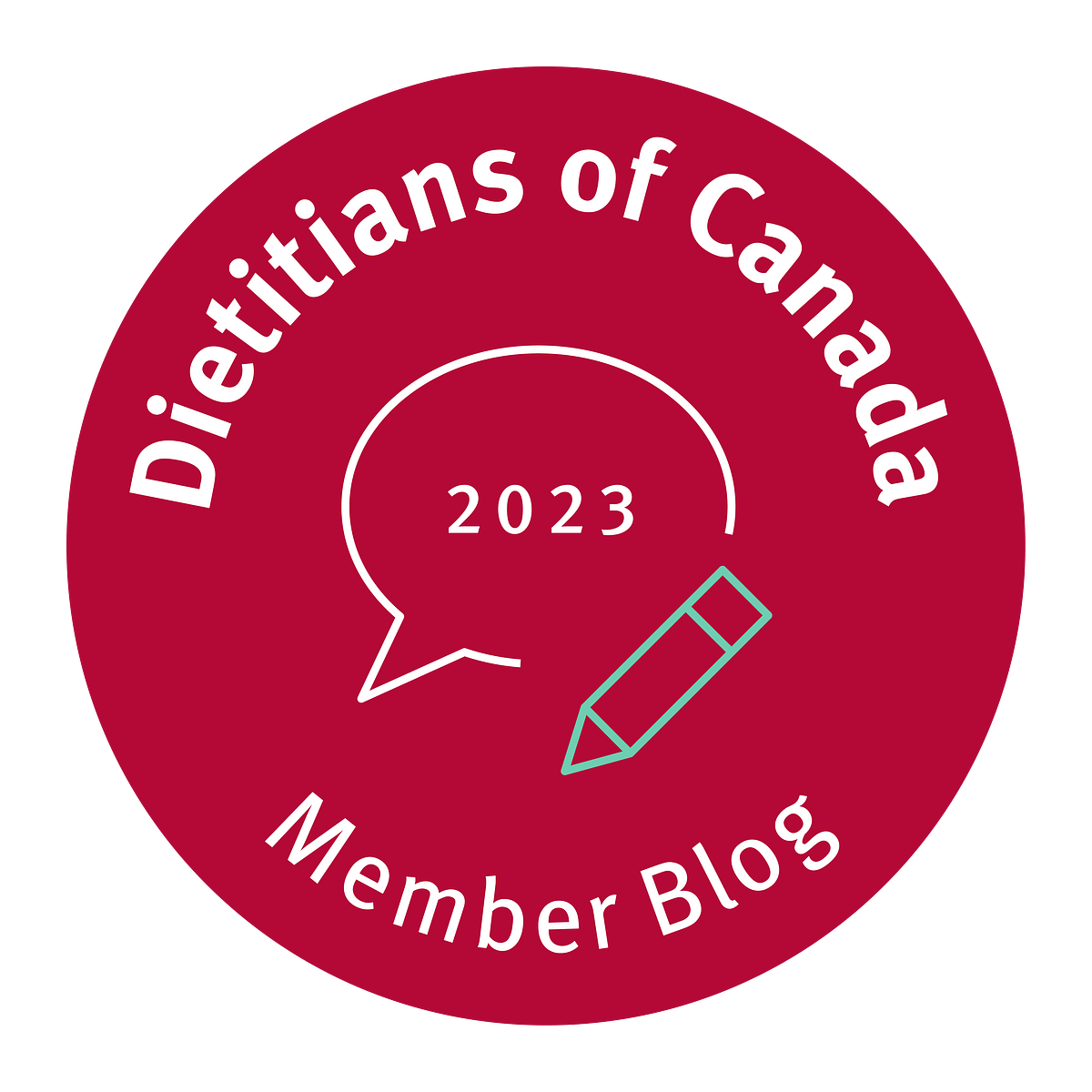
Trans fats. They’re the worse type of fat because they pose a double whammy to your heart health – not only do they increase the bad “LDL” (Low Density Lipoprotein” cholesterol, but they also decrease the good “HDL” (High Density Lipoprotein” cholesterol. Eating trans fats increases the risk of heart disease.
While some foods contain small amounts of naturally occurring trans fats, the real concern is with foods containing “artificial” or “industrially produced” trans fat. The main source of this type of trans fat is partially hydrogenated oils (PHOs) which are oils that have been created during a process called hydrogenation. This process changes the structure of liquid oils into a solid at room temperature. PHOs extend the shelf life of foods and are typically found in commercially baked goods (e.g. pastries, donuts, muffins), deep fried foods, French fries, hard margarine, lard, shortening, frosting, coffee whiteners, some crackers and microwave popcorn. When you see the words “partially hydrogenated oils” in the ingredients list, you know that the food contains trans fats.
While the food industry has been voluntarily removing trans fats from products over the years, many foods still contain trans fats. On September 15, 2017, Health Minister Ginette Petitpas Taylor announced a ban on PHOs from all foods sold in Canada, including foods prepared in restaurants, “Eliminating the main source of industrially produced trans fats from the food supply is a major accomplishment and a strong new measure that will help to protect the health of Canadians.”
The ban will come into effect on September 15, 2018.
[Photo credit: NewHealthAdvisor.com]
